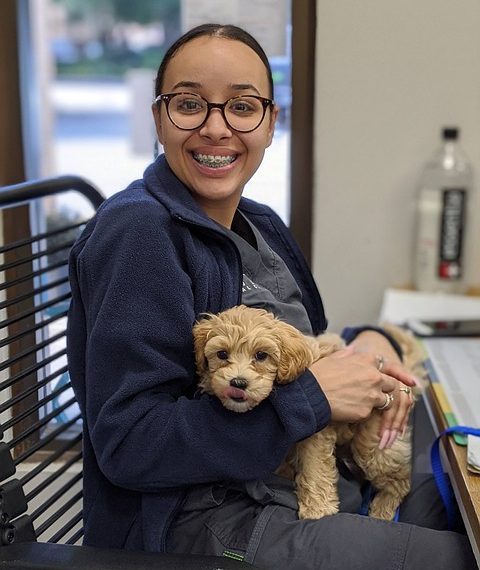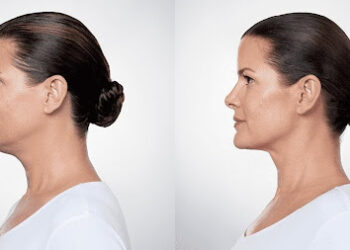When you’re looking to bring home a Cavalier King Charles Spaniel, choosing the right breeder is one of the most important decisions you’ll make. Ethical breeding is crucial for ensuring the health, well-being, and temperament of your new puppy. Unfortunately, not all breeders operate with the same standards, which is why it’s essential to know what to look for when choosing a breeder for Cavalier.
This article will walk you through the steps to ensure that the breeder with whom you will be dealing is an ethical one to avoid supporting irresponsible breeding but a guaranteed healthy and happy dog for the years to come.
1. Accreditation and Certification
Accreditation is among the many things that you will like to have looked at in an ethical Cavalier breeder. Many countries will certify breeders through kennel club’s or breed-specific associations that encourage good breeding practices. In the UK, for example, ensure that breeders are listed members of organizations such as The Kennel Club, KC, or The Cavalier King Charles Spaniel Club. These bodies ensure breeders follow strict guidelines based on animal health and welfare.
Such memberships would ascertain that the breeder is into responsible practices, breeding for health and not for appearance. Check whether the breeder is certified or has passed the required assessments as regards health testing and standards of breeding.
2. Health Testing
Ethical breeders have the health of the puppies they produce atop their list of priorities. Really, the only sure-fire method to determine the ethics of a given breeder involves inquiry into health testing. Responsible breeders should test their dogs for the most common health concerns in the Cavalier King Charles Spaniel breed, which include:
MVD: Mitral Valve Disease, one of the more common heart ailments
SM: Syringomyelia, one of the graver neurological ailments.
Hip and elbow dysplasia: joint problems that may later be painful and restrictive for mobility. An ethical breeder will show you health clearances on the parents of the puppy and on the puppies, explaining the performed tests and giving the results. That means they really care about the long-time health of dogs they breed and aren’t interested in profit only.
3. Visit a Breeder’s Home/Facility
A responsible breeder will invite you to either their home or breeding facility to meet them in person. You can see the living conditions for the dogs and get questions answered personally. If they will not allow you to come to them and/or will not let you in the area where the puppies are kept, that is a red flag. A good breeder will be proud to show how they care for their dogs and how the puppies are socialized during early months.
Pay attention to the surroundings: Reputable breeders have clean, safe, and comfortable facilities for the adults and their puppies. Puppies should be socialized in a loving, clean, and enriching environment, exposing them to a variety of noises, people, and situations so they will be well-adjusted adult dogs.
4. Make Sure the Breeder Socializes
Socialization of puppies before going to new homes is a huge part of responsible breeding. Well-socialized puppies have so much more chance of growing into confident, happy, and well-behaved adult dogs.
Also, ask the breeder about socialization. Any responsible breeder will socialize their puppies to a variety of different environments, experiences, and people. This would include normal handling, playing with dogs, being exposed to household noises, among others. This early interaction with the world is very important in developing a well-tempered and friendly temperament later on.
5. Meet the Puppy’s Parents
Another way to tell if the breeder is responsible is when meeting the puppy’s parents. They should be friendly and healthy with good behaviour. If he or she holds back, or won’t allow one to meet the parents, that may be a bad condition of sale.
When meeting the puppy’s parents, their temperament and health can be considered indicative of whether a breeder is doing a great job with taking care of raising his or her dogs. Furthermore, make inquiries from the breeder regarding the health history of the parents; also, make sure both are highly tested for common breed-related health issues.
6. Watch Out for Over breeding
The most important quality that a good breeder may have is that he does not over breed his dogs. Over breeding will not only contribute to the possibility of health issues in the puppies, but also it will continue the vicious cycle of puppy mills. A responsible breeder would breed only when it’s in the best interest of the dogs involved, and he limits the number of litters a female dog will have.
You can ask the breeder how many litters the mom has had and if the breeder will not inbreed the same dogs over and over. Reputable breeders usually have limits on the numbers of litters a female should have in a lifetime to ensure she stays healthy and happy.
7. Request a Contract and Guarantee
A good breeder will have a contract with them listing responsibilities of themselves and yours as a buyer. It should be in the contract that they do take the dog back if, for any reason, you are unable to keep the dog. Many good breeders also include a health guarantee to cover any genetic disorders that may come along in the puppy and support you if anything were to happen along the way.
The responsible Cavalier King Charles Spaniel breeder will always manage to select healthy, well-behaved, well-adjusted companions. Inevitably, such steps avoid one from falling victim to the numerous puppy mills or the several irresponsible breeders while benefiting persons committed to dogs they bring up. Bear in mind that the ultimate priority for the breeders, of an ethical streak, always stays the health and welfare of dogs, this way assuring you to head home with the most cheerful and healthy full-of-love puppy.







